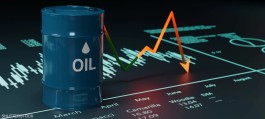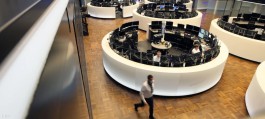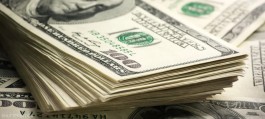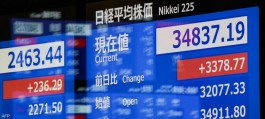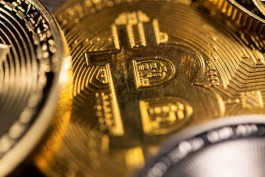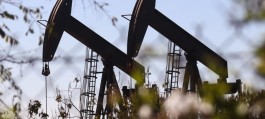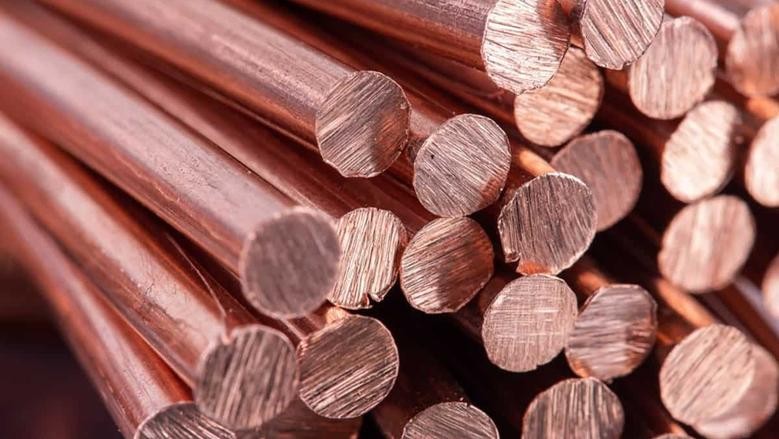Copper prices rose after Federal Reserve Chairman Jerome Powell hinted at another US interest rate cut this month, while traders at the industry's largest annual conference saw a potential $12,000 per ton price.
The metal gained 1.1%, buoyed by Powell's remarks, which boosted investor appetite for commodities after days of sharp volatility amid escalating geopolitical tensions. The Fed chairman emphasized that the economic outlook has not changed since September, when the bank predicted two additional interest rate cuts this year.
Copper touches record prices
Copper prices have been benefiting for months from loose monetary policy, which is boosting demand prospects, and from major mine disruptions around the world that have reduced supplies. These outages highlight the growing challenges mining companies face in meeting growing global demand. Last week, copper jumped to its highest levels since May 2024.
Kenny Ives, head of trading at Chinese mining giant CMOC Group, expects copper to end the year at $11,000 or even $12,000 per ton, he said at a Bloomberg event during London Metal Exchange Week.
At the same event, Nick Snowdon, head of metals research at Mercuria Energy Group, said that reaching these price levels is easily possible given the severe supply disruptions and investor funds flowing into commodities, particularly metals.
This will put copper on track for a new record price, having reached a record high of $11,104.50 per ton on the London Metal Exchange in May 2024. The metal had risen 1% on Wednesday to $10,687 per ton by 2:01 p.m. Shanghai time.
Industrial momentum in China declines
Metals markets have experienced sharp fluctuations in sentiment in recent days, due to the ongoing tensions between China and the United States ahead of the expiration of the current trade agreement next month. In his most recent remarks, US President Donald Trump threatened to halt vegetable oil trade with China in response to Beijing's decision to suspend purchases of American soybeans.
In contrast, other participants at the London seminar expressed more caution. Graeme Train, head of metals analysis at Trafigura Group, said China has likely reached the peak of its recent industrial cycle, with prices typically lagging behind by three to six months. Eoin Dinsmore, an analyst at Goldman Sachs, said the global market remains in surplus, but could reach balance next year.
Iron ore futures fell 0.7% on the Singapore Exchange to $104.40 per ton, while yuan-denominated contracts on the Dalian Commodity Exchange also declined.

















